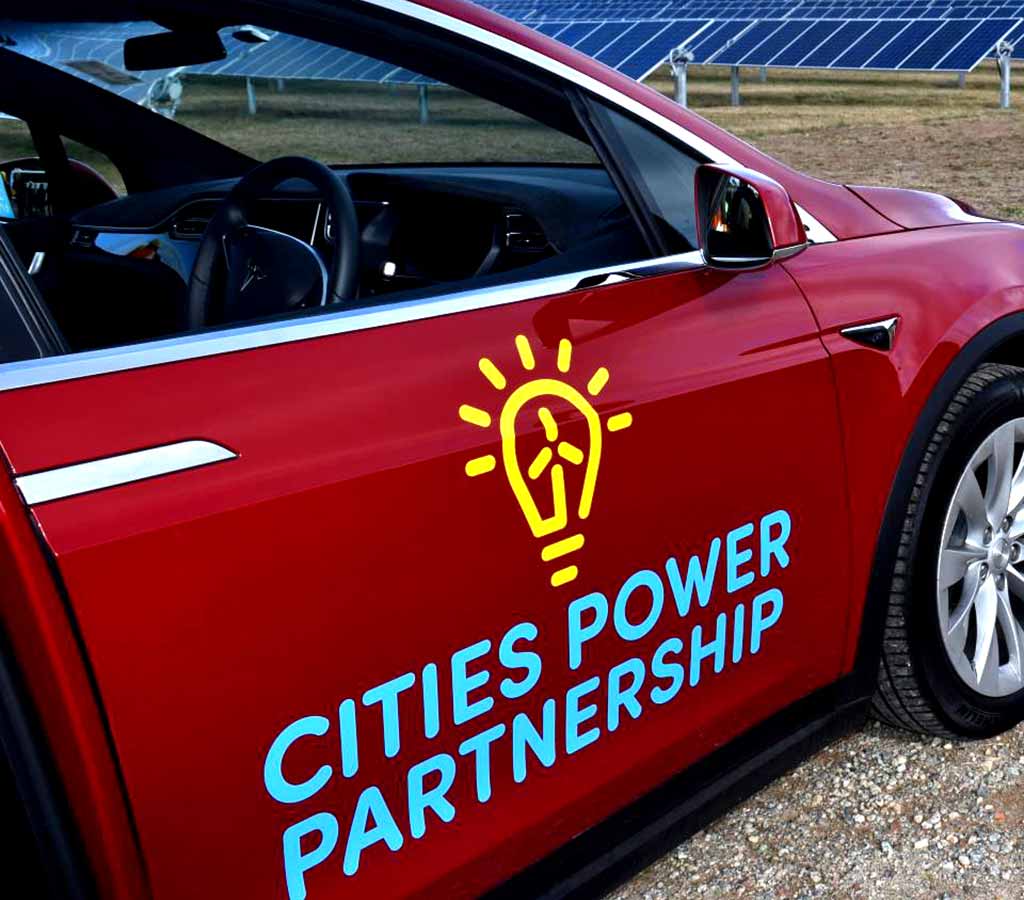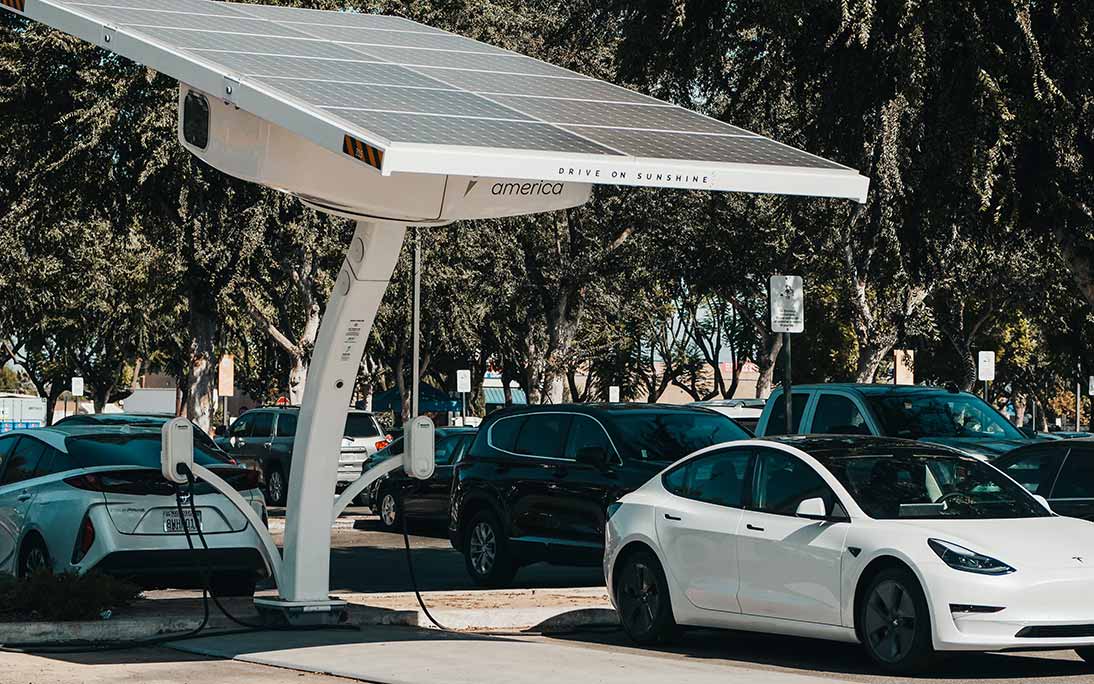Back to Resources
Sustainable Transport
Electrifying Council Fleets
Accelerating the shift to zero emission vehicles within local government

Jump to:
Across Australia, local governments are stepping up to reduce the carbon footprint across their operations and with many setting their sights to reach net zero emissions – transitioning council fleet vehicles is the next big priority area identified for local governments.
The business case for councils to electrify their fleet is the strongest it’s ever been as the range of vehicle options increase, total cost of ownership costs are more favourable, supply chains open up and state and federal government policies incentivise electric vehicle uptake.
In our most recent 2022 Cities Power Partnership survey –

52.5%
of respondents are investigating electric vehicles within their government and waste fleet
Councils hold some sway in their purchasing power of new car sales with:

40%
of all new car sales each year being purchased for government, business and rental fleets[3]
Key resources
Fleet transition planning
Learn the key steps in the process to electrify your fleet, the critical issues you need to consider and useful tips on putting together the right team within your organisation and when it might be worthwhile for your council to engage with EV specialists.


Charging infrastructure
Learn about the different fleet charging options and technology to consider for your pool and employee vehicles. Explore some of the different business models that are available for local governments when considering public charging infrastructure installations.
Local Government EV Policy and Guidance
Access useful reports and guidance on some of the top electrification policies local councils should consider in the implementation of EV fleet.
Zero emission waste and heavy vehicles
The transition of waste and heavy vehicles within council fleets is a more complex undertaking with the technology options continuing to evolve.
Webinars/Presentations
Catch the latest EV webinars showcasing local government case studies, panel discussions with experts in the field and learn the latest developments occurring in the electric vehicle sector.
Useful Links
There are a range of different organisations providing further resources, research and useful tools that can support council fleet electrification plans. See how they can help in your EV transition journey.
Connect with your peers
Council Connect instantly connects you to the 180 local governments within our member network to support the sharing of knowledge and create opportunities to collaborate. Cities Power Partnership has a dedicated channel within the Council Connect platform for councils electrifying their fleets.
Connect with other councils working on EV transition plans on Council Connect.
If you have an account:
Or, if you don’t yet have an account:
Related news
Tipper body changes the EV truck market
The age of affordable EVs has arrived in Australia
Have your say on Fuel Efficiency Standards – submissions open until 31 May 2023
More news + media
Contact us
REFERENCES
| [1] | Cities Power Partnership (2023) – Tracking Progress 2022 Snapshot of Council Action on Climate Change |
| [2] | Greenpeace – Charging Corporate Action: The Case for Renewable-Powered Electric Vehicle Fleets |
| [3] | AFMA (2020) – Electric Vehicles in Business Fleets |
Join now and be part of the groundswell of local governments and communities across Australia tackling climate change.
